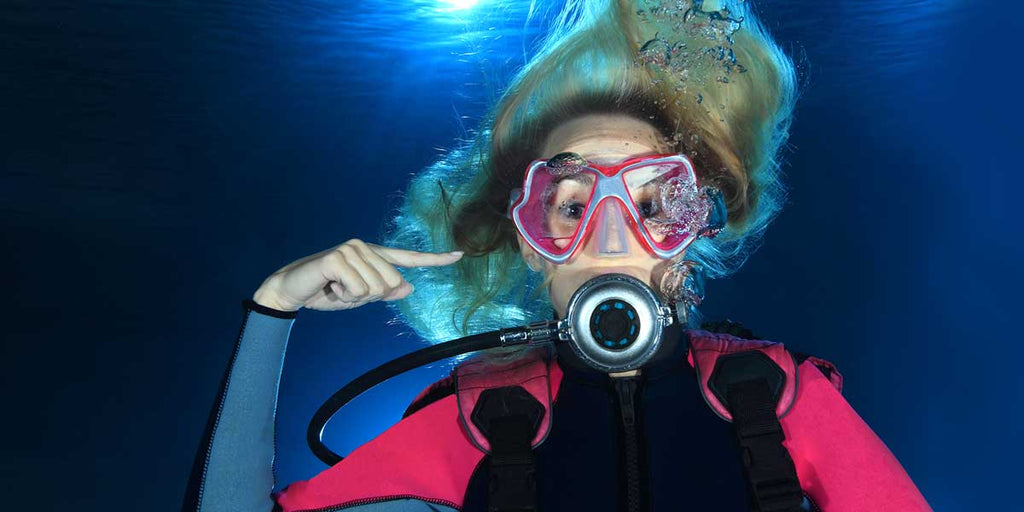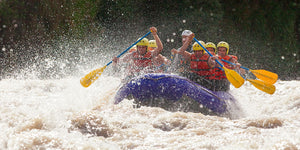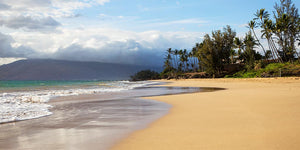- Home
- Shop709 Blog
- Tips for Clearing Your Ears While Diving
Tips for Clearing Your Ears While Diving

Even though equalizing your ears is one of the basic strategies you’ll learn when getting your certification, it can still be one of the most difficult things to get the hang of when you’re out in open water. Not necessarily because it’s complicated — but simply because the same strategies don’t work for every diver. Although our ears respond to pressure in the same way at a basic level, you still have to figure out which tactics work best for you. Try these strategies for learning to clear your ears while diving.
Test for the “pop”. Before you even get in the water, make sure your Eustachian tubes are open to avoid damage from the pressure as you descend. You can test this by swallowing or yawning, which causes a popping or clicking sound in both ears. If you don’t hear this, it means both tubes are not open, and it could be dangerous to dive.
Descend feet-first. As you descend, air tends to rise up your Eustachian tubes while fluid moves downward. Doing a Valsalva maneuver (i.e. plugging your nose and blowing outward to “pop” your ears) requires far less effort when you are upright, making it easier to clear your ears.
Look up. This one’s simple. Extending your neck while performing a Valsalva maneuver helps to open up your Eustachian tubes.
Use a line. Descending while using an anchor or mooring line helps to control the pace of your descent. Without one, it’s easy to descend too quickly, which can be dangerous. Using a line also helps you equalize and a consistent rate, and to do so before you begin to feel the pressure.
Don’t push yourself. Don’t continue your descent if you’re ears are hurting. The pain is your body’s way of telling you to stop; if your ears start hurting, ascend a few feet and try clearing your ears again before continuing your descent.
Take care of your body. Tobacco and alcohol can increase the mucus your body produces. Avoid these and other items that are prone to do so (like milk) for at least 24 hours before a dive.
Keep your mask clear. Equalizing can be more difficult if water is going up your nose and affecting your mucus membranes. Keeping your mask clear can be the smallest push to help your body adjust easier.
Overall, the most important thing you can do is to practice regularly. Ask your experienced buddies or a dive instructor for advice and how to improve your equalization.






Comments 0